Climate and Ag in the news
-
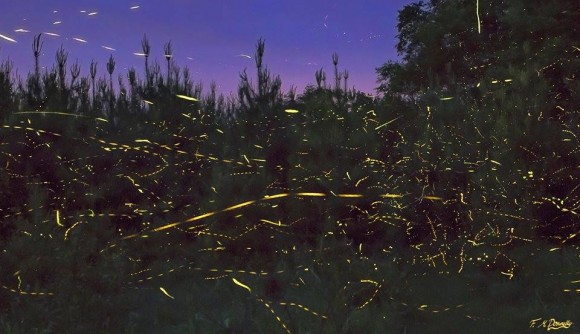
While stories about fireflies are not directly related to climate or agriculture, to me they are the quintessential sign of summer. You might enjoy this story from EarthSky on why fireflies light up. Read it at https://earthsky.org/earth/bugs-firefly-light.
Posted in: Climate and Ag in the news -
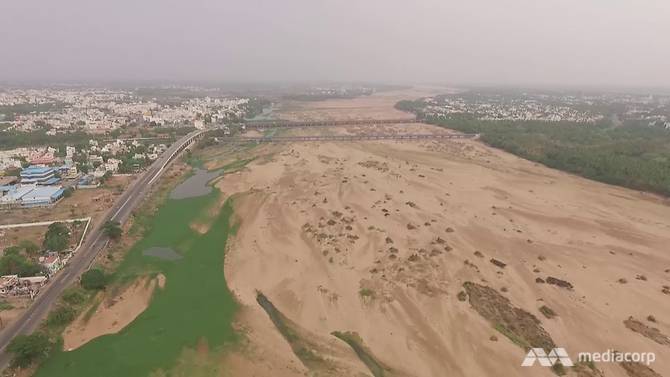
Channel News Asia has an eye-opening story about how a combination of drought and mismanagement of water supplies has caused a major river in South India to almost dry up. This is causing economic devastation and hardship to farmers growing rice in the area. You can read about how centralized irrigation systems have contributed to…
-
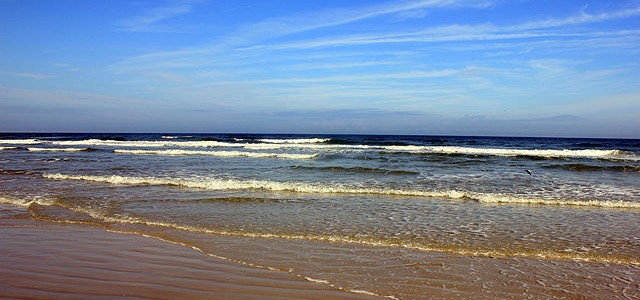
With just a few weeks of summer to go, you are probably thinking about hitting the beach one last time. If you need some reading material to go with your sun and fun, here is a list of books in the climate fiction genre (“cli-fi”) that are set in future climate conditions that you might…
-
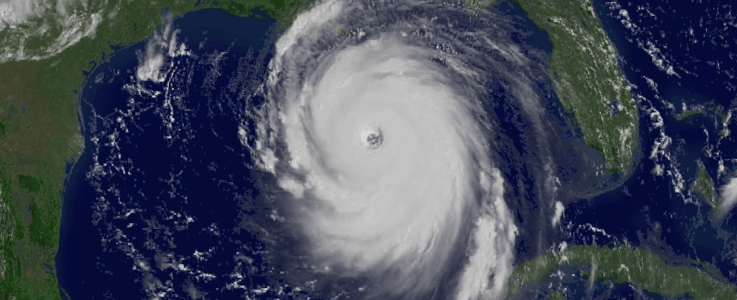
The Washington Post has an interesting and terrifying analysis of what is likely to happen to Tampa Bay when a major hurricane like Katrina strikes that city. Estimates of damage top $175 billion, and according to the story, a World Bank study called Tampa Bay one of the most at-risk areas on the globe. Yet…
-
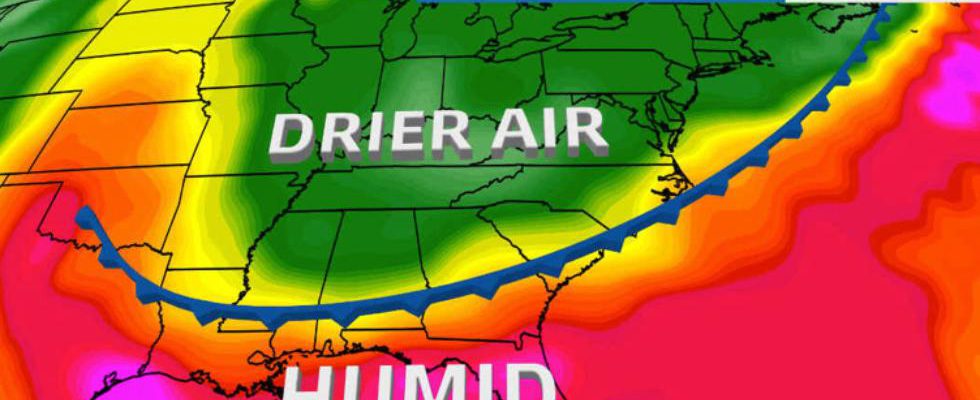
There have been quite a few interesting weather stories in the news this week. Weather Underground has a good summary of all the different weather oddities that are occurring, not including the flash flooding in Washington DC today but including the summertime cold front the Southeast is experiencing. Check it out at https://www.wunderground.com/news/strange-weather-events-late-july-2017.
Posted in: Climate and Ag in the news -

The Packer noted this week that the Vidalia onion crop this year is 15% larger than last year’s great crop, due in part to great weather during the harvesting season. Growers noted that the mid-March freeze that killed off most of Georgia’s blueberry crop only nipped a few leaves on the onions, which require several…
-

When a tree is hit by lightning, the damage can be severe in some cases and incidental in others. It’s not always easy to tell how badly the tree was injured just by looking at it. What do you need to do after the damage occurs? Walter Reeves, the Georgia Gardener, discusses this in a…